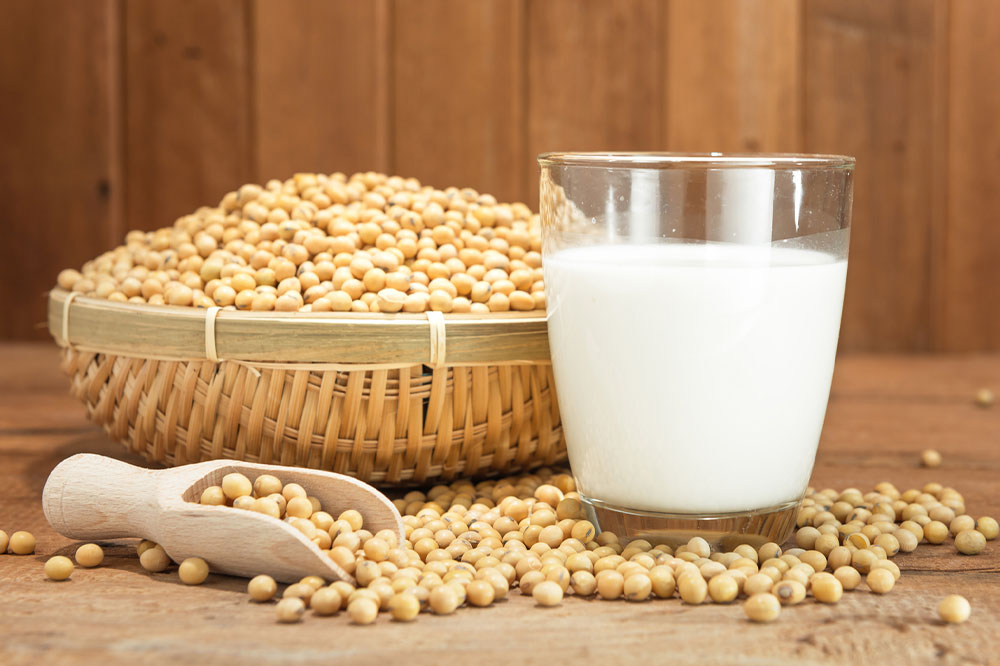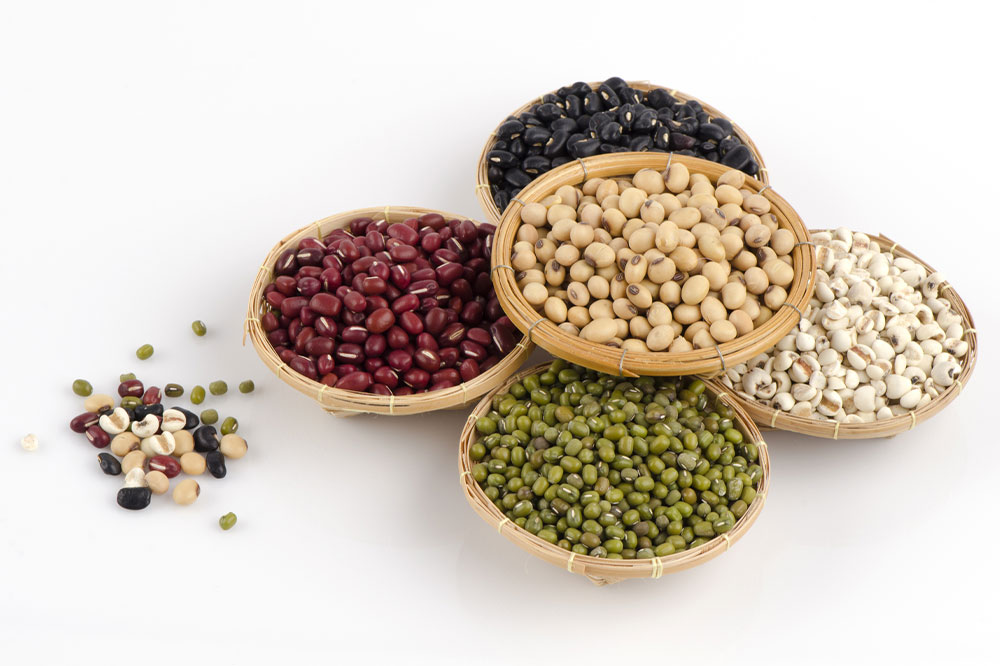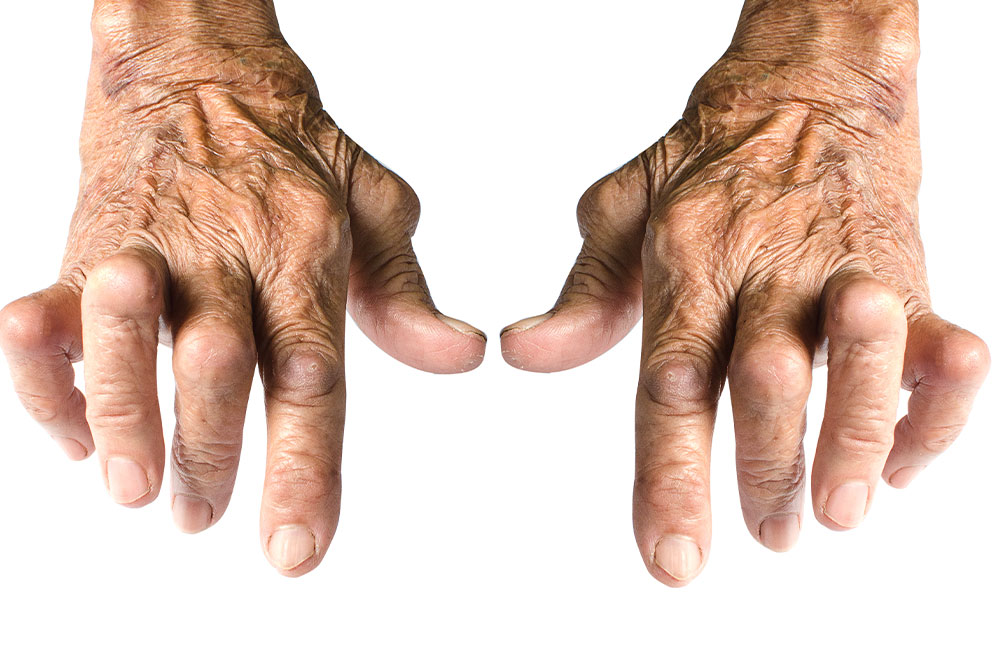5 foods that increase the risk of thyroid cancer

Thyroid cancer starts when specific cells in a person’s thyroid gland start multiplying rapidly out of control. The thyroid gland is directly linked with regulating heart rate, blood pressure, metabolism, and body temperature. What a person eats is directly linked with whether they stand the risk of developing or aggravating thyroid cancer. Certain foods are unequivocally considered to be unfavorable in this regard. Therefore, here are some of the foods to avoid thyroid cancer aggravation:
Soy milk
One of the surprising things about this list is the low iodine content in all the foods here. These items have proven to be medically better than others to avoid the risk of thyroid cancer in people. For example, non-fermented soy products, like soy milk, have several elements that negatively affect the thyroid gland’s ability to produce hormones.
Therefore, despite soy being marketed as a healthy food across the board, soy milk is a wrong food choice regarding thyroid cancer risks. Soy is among the most genetically modified food in the world. Typically, fermented soy products like miso or tempeh are healthy to consume for people with any kind of thyroid issues.
Coffee
Several research studies have found that caffeine restricts the absorption of the thyroid replacement hormone in individuals. As a result, consuming caffeine products such as coffee multiple times a day is bad for those already having thyroid cancer and those likely to develop the condition. In fact, coffee adversely affects a person’s adrenal glands as well. Additionally, coffee can dramatically increase the blood sugar levels in an individual, leading to adrenal exhaustion and aggravated thyroid gland problems. Apart from this, coffee overconsumption has also been found to constantly leave people with hypoglycemia feeling anxious and nervous throughout their day.
Pasta
Gluten-heavy foods also rank highly on the list of foods to avoid thyroid cancer aggravation. Pasta is one of the most gluten-heavy foods in the world. When massive quantities of such foods are consumed, they affect an individual’s digestive system, especially the intestines. People who consume pasta and other gluten-heavy products frequently experience thyroid disease symptoms such as indigestion, bloating, and abdominal pain more than those who do not eat them.
Gluten tends to induce automatic immune responses, and its consumption enhances people’s risk of hypothyroidism and hyperthyroidism.
All in all, one must stick to gluten-free meals to sidestep such risks.
Milk
Dairy products also adversely affect an individual’s thyroid gland. Dairy products, with milk being the main problematic element, cause plenty of inflammation in a person’s body. Many cannot digest dairy products. Instead, they suffer from bloating and irritable bowel syndrome when they consume them. For example, a protein known as casein is found in milk and other dairy products. Similar to gluten-heavy foods, this element triggers the immune system in individuals and causes debilitating autoimmune disorders in individuals.
Therefore, cow’s milk, cheese, yogurt, ice cream, and other dairy delicacies feature highly on the list of foods to avoid thyroid cancer aggravation.
Chocolate cakes
Commercially-made bakery products such as cakes and pastries are generally made from iodate dough conditioners. This element also ranks pretty high on the list of foods to avoid thyroid cancer risks. In that sense, chocolate cakes, or any other cakes containing plenty of sugar, represent two of the worst elements for thyroid health – sugar and commercially baked products.
Thyroid problems are closely linked with rising blood sugar in a person’s body. So, if an individual has a spike in their blood sugar levels, their thyroid gland and, generally, their thyroid health are bound to be negatively affected.
Therefore, one must consume sugar-heavy foods such as chocolate cakes in minimal portions or simply avoid them altogether to stabilize thyroid health and reduce the possibility of malignant cell growth in the short or long term.




